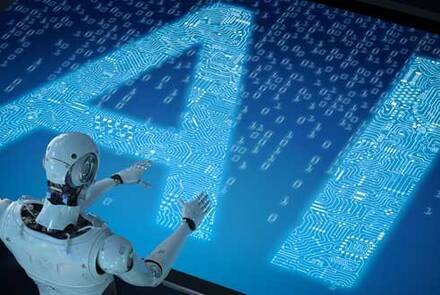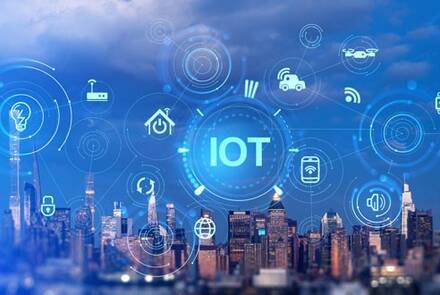How IoT is Revolutionizing Waste Management in Smart Cities
In the ever-evolving landscape of smart cities, the integration of Internet of Things (IoT) technologies is reshaping the way urban centers approach waste collection and management. From optimizing routes to monitoring bin fill levels in real-time, IoT is proving to be a game-changer in reducing costs, enhancing efficiency, and fostering cleaner, more sustainable urban environments. In this blog post, we delve into the ways IoT is revolutionizing waste management systems in smart cities.
- Real-Time Bin Monitoring: Precision in Collection
IoT-enabled sensors on waste bins provide real-time data on their fill levels. This technology eliminates the need for traditional, scheduled collection routes, allowing waste management teams to optimize their routes based on actual bin capacity. By collecting bins only when they are nearing full capacity, cities can significantly reduce unnecessary collections, leading to cost savings in fuel, labor, and maintenance. - Route Optimization: Efficiency on Every Street
IoT facilitates dynamic route optimization for waste collection vehicles. By leveraging data from sensors and analytics platforms, municipalities can identify the most efficient collection routes in real-time. This not only reduces fuel consumption but also minimizes the environmental impact of waste collection vehicles. The result is a more streamlined and cost-effective waste management process that enhances overall operational efficiency. - Predictive Maintenance: Maximizing Fleet Efficiency
IoT sensors on waste collection vehicles go beyond fill-level monitoring. They can also monitor the health and performance of the vehicle itself. By employing predictive maintenance algorithms, cities can schedule maintenance activities based on the actual condition of the vehicles, preventing breakdowns and optimizing the lifespan of the fleet. This proactive approach minimizes downtime and ensures that waste collection services run smoothly. - Smart Waste Sorting: Enhancing Recycling Efforts
In smart cities, IoT is contributing to improved waste sorting processes. Connected sensors can identify and sort different types of waste, facilitating recycling initiatives. This technology not only enhances the efficiency of recycling programs but also encourages residents to participate actively in waste separation. The result is a more sustainable waste management system that aligns with the broader goals of environmental conservation. - Reducing Overflow and Litter: A Cleaner Cityscape
Overflowing bins and scattered litter are common challenges in traditional waste management systems. IoT helps tackle these issues by providing real-time alerts when bins reach capacity. Waste management teams can respond promptly, preventing overflow and reducing the likelihood of litter. This not only improves the cleanliness of city streets but also contributes to a more aesthetically pleasing urban environment. - Data-Driven Decision-Making: A Smarter Approach
IoT generates a wealth of data that can be analyzed to make informed decisions. By harnessing this data, city officials can gain insights into waste generation patterns, identify areas with higher waste volumes, and implement targeted interventions. This data-driven approach enables a more strategic and efficient allocation of resources, contributing to cost savings and improved waste management outcomes. - Community Engagement: Empowering Residents
IoT technologies in waste management also open avenues for community engagement. Mobile apps and smart city platforms allow residents to receive real-time updates on waste collection schedules, report issues, and access information on recycling initiatives. This transparency and engagement foster a sense of responsibility among residents, turning them into active participants in the city's waste management efforts.
A Clean and Efficient Future
As smart cities continue to evolve, the integration of IoT in waste management systems emerges as a transformative force. Beyond the operational efficiencies and cost savings, the real impact lies in creating cleaner, more sustainable urban environments. By harnessing the power of IoT technologies, smart cities are not just reimagining waste management; they are paving the way for a future where cleanliness, efficiency, and environmental consciousness converge to create a cityscape that is not only smart but also pristine and sustainable for generations to come (See also: How IoT is Revolutionizing Water Resource Management in Smart Cities).
For more information about Trigyn’s Smart City & IoT Solutions, Contact Us.






